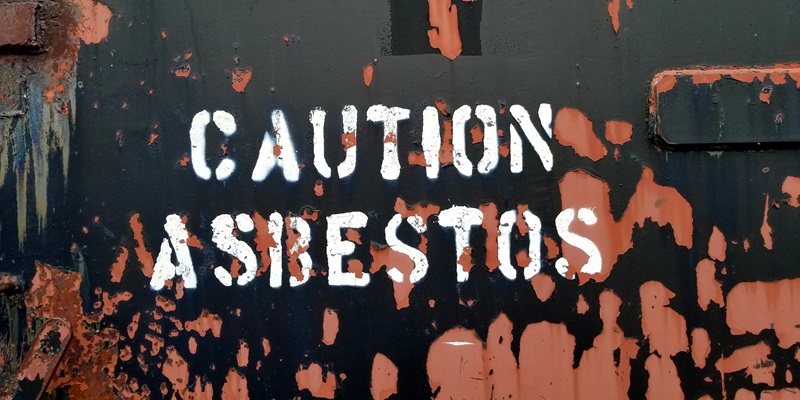Asbestos, once widely used for its durability and fireproof qualities, was a mainstay in industries like Imperial Chemical Industries (ICI) Teesside during the 20th century. Apprentices such as Paul, who worked as an electrical fitter from 1961 to 1966, unknowingly interfaced with asbestos regularly, unaware of its potential to harm their health. Years later, the development of mesothelioma, a cancer directly linked to asbestos exposure, surfaced in many former workers like Paul. This led to legal proceedings that eventually concluded with Paul receiving a substantial settlement from AkzoNobel, the company that took over ICI, acknowledging the damage caused by asbestos exposure. This case underscores the long-term health risks that former industrial workers face and reflects the ongoing legal accountability of corporations for their past use of hazardous materials.
The Tragic Reality of Occupational Asbestos Exposure
During his apprenticeship, Paul and many of his colleagues were engulfed in clouds of asbestos dust, a normal occurrence at ICI. Unaware of the dangers, they handled asbestos-laden materials daily, without protective clothing or masks. This job requirement resulted in asbestos fibers clinging to their skin and clothing, unknowingly bringing them one step closer to a life-threatening illness. It wasn’t until the late 20th century that the tragic health consequences of asbestos exposure were officially recognized, leading to its ban in the U.K. by 1999. Unfortunately, for many workers including Paul, the realization and subsequent safety measures came too late.
The exposure Paul experienced was not an isolated incident but part of a broader historical trend of unsafe workplace practices, especially in industries like construction and chemical manufacturing. At the time of Paul’s apprenticeship, the dangers of asbestos were not fully known to workers, and safety regulations were severely lacking. The handling of asbestos without proper safety gear was typical, and it wouldn’t be until decades after Paul’s exposure that stringent regulations would come into place to protect workers.
Accountability and Justice for Asbestos Victims
Leigh Day, a law firm, championed Paul’s battle against his preventable sickness due to past inadequate safety standards at his former workplace. They highlighted how companies are legally and ethically bound to ensure worker safety. Even following ICI’s takeover by AkzoNobel in 2008, accountability for historical workplace risks remained. The legal victory and compensation for Paul underscore the enduring effects of corporate oversight on employee health.
This settlement, whose sum is confidential, delivers justice for Paul and his kin, mitigating the consequences of ICI’s failure. Moreover, it sends a powerful message regarding the necessity for stringent health and safety practices in the workplace. AkzoNobel’s payout is indeed a testament to the importance of corporate responsibility in safeguarding the well-being of its workforce.

